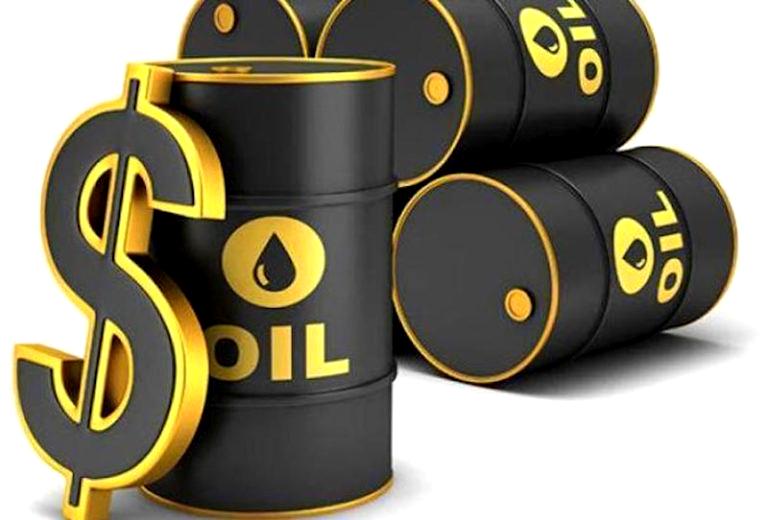Oil prices fell on Friday below $80 a barrel as surging COVID-19 cases in Europe threatened to slow the economic recovery while investors also weighed a potential release of crude reserves by major economies to cool prices. Brent futures for January fell $2.24, or 2.8%, to $79.00 a barrel. U.S. West Texas Intermediate crude for December fell $2.54, or 3.2%, to $76.47 on its last day as the front-month. WTI for January, which will soon be the U.S. front-month, were down about $2.15, or 2.8%, to $76.24.
Brent was on track for its lowest close since Sept. 30 and WTI for its lowest close since Oct. 1. Both benchmarks were also headed for a fourth straight weekly decline for the first time since March 2020. Austria became the first country in western Europe to reimpose a full coronavirus lockdown this autumn to tackle a new wave of COVID-19 infections across the region. Germany, Europe’s largest economy, warned it may also have to move to a full lockdown. Brent has surged almost 60% this year as economies have bounced back from the pandemic and as the Organization of the Petroleum Exporting Countries (OPEC) and allies, known as OPEC+, have only raised output gradually.
“The (oil) market still remains fundamentally in a good position but lockdowns are now an obvious risk… if other countries follow Austria’s lead,” Craig Erlam, market analyst at OANDA, said in a note. Governments from some of the world’s biggest economies were looking into releasing oil from strategic petroleum reserves (SPR) following a request from the United States, first reported by Reuters, for a coordinated move to cool prices. Speculation about a U.S. stock release already pushed oil prices down about $4 a barrel in recent weeks and additional supplies of up to 100 million barrels are already priced in, Goldman Sachs oil analysts said in a note. As a result, it said any release “would only provide a short-term fix to a structural deficit”. OPEC+ has stuck to its policy of gradual oil output increases even as prices surged, saying it expects supply to outpace demand in the first months of 2022.

